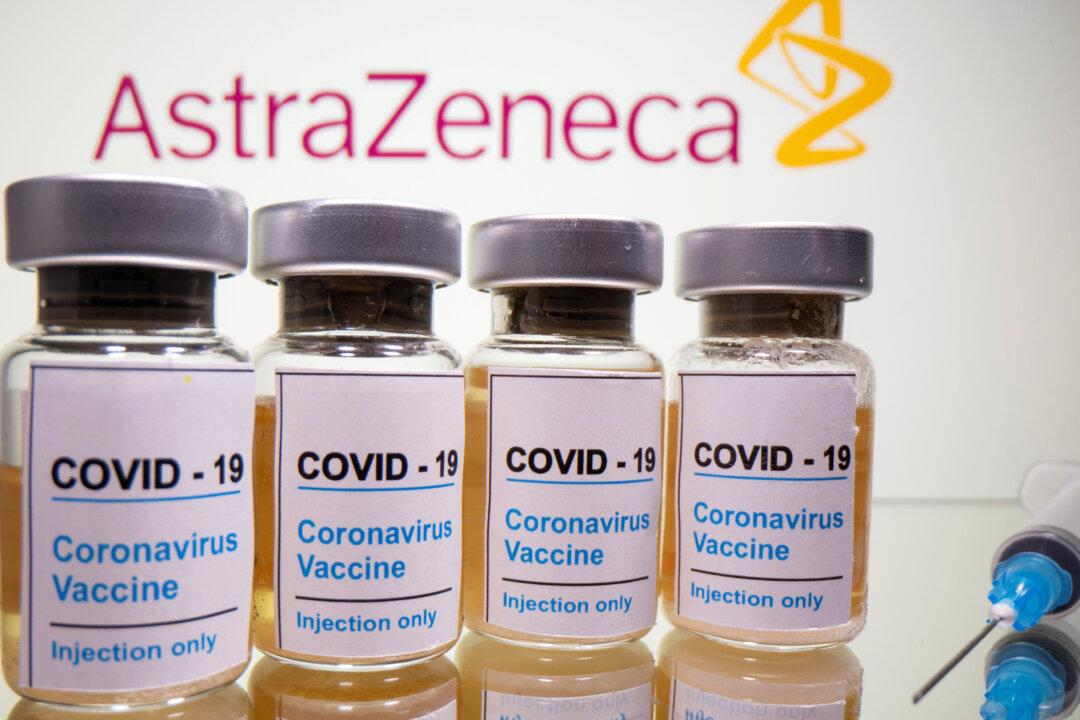AstraZeneca CEO Pascal Soriot said on Nov. 26 that the company is likely to run an additional global trial on its COVID-19 vaccine to assess its efficacy at a lower dosage, after questions were raised about the vaccine’s preliminary results.
Soriot’s remarks came after the company on Monday claimed that its vaccine for the CCP (Chinese Communist Party) virus, developed along with Oxford University, could be around 90 percent effective when volunteers were given a half-dose shot, and a full dose a month or more later, but only 62 percent effective when volunteers were given two full doses.





